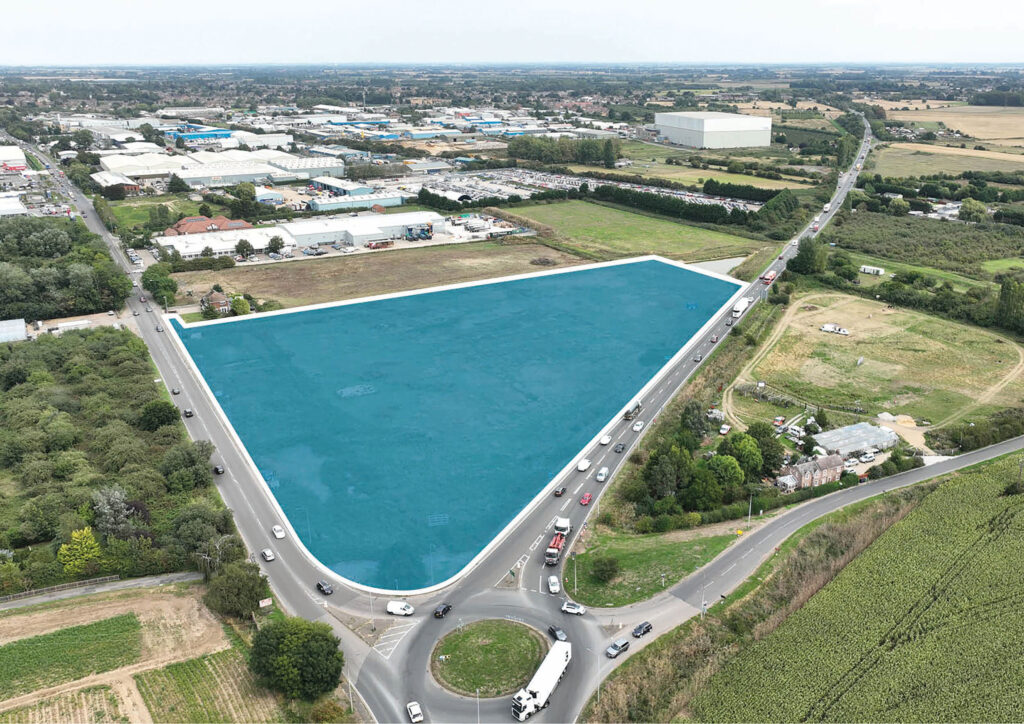I don’t know whether you’ve been watching Succession on Netflix, but I’ve been watching with interest, as the series looks at the twist and turns of an extremely wealthy tycoon as he decides who should take over the family business. And recent reports have said that French tycoon Bernard Arnaud who heads up global luxury conglomerate LVMH, holds regular lunches with his children, asking testing questions in order to determine their suitability as heirs.
But succession planning, the process of planning and preparing for the transfer of wealth and assets from one generation to the next, is not just something that happens in the movies. It is an essential part of wealth management for anyone with an Estate of value, defined as typically larger than 1 million euro, US dollar or GBP, who wants to ensure their family’s financial security and legacy.
So how do you make sure that planning for the future leaves your family in the best possible position – without the drama?
Create a plan
Succession planning ensures the smooth transition of assets and wealth. Many spend their entire lives building their wealth, and it is natural that they would want to pass it on to their children and grandchildren. However, without proper succession planning, the transfer of assets and wealth can be complicated, time-consuming, and even contentious. By working with your financial adviser to create a plan, you can ensure that your assets and wealth are transferred smoothly and efficiently, minimizing the potential for family disputes.
Protect your legacy from taxes and creditors
Planning correctly means that individuals can protect their assets and wealth from taxes and creditors. By establishing trusts, family limited partnerships, and other legal entities, you can minimize your estate tax liabilities, protect assets from creditors, and ensure that your heirs receive their inheritance as intended. Proper planning can also help you to take advantage of tax-efficient wealth transfer strategies, such as gifting and charitable giving, to minimize your tax burden while still benefiting your future heirs. Make sure you get the right advice as to the best way to structure your arrangements.
Pass on your values
Succession planning can help you to pass on your values and legacy to future generations. We know that many of our clients often have a strong desire to pass on more than just their wealth to their children and grandchildren. They want to pass on their values, work ethic, and family traditions. By involving heirs in the planning process, alongside your trusted financial adviser, you can ensure that your legacy and values are preserved for future generations.
Prepare your heirs for the future
Talking to your financial adviser about putting in place the right plans now, and involving the family with the process can help you to prepare heirs for their future roles as wealth managers. Many may be concerned about how their children and grandchildren will manage their wealth and assets once they are gone. By involving heirs in the planning process, you can help them to develop the necessary skills and knowledge to manage their wealth effectively. This can include financial education, training in investment management, and other forms of mentorship.
Maintaining good relationships
Finally, succession planning can help you to maintain family harmony and unity. Family disputes over inheritance are common and can be incredibly divisive, leading to long-lasting rifts between family members. By creating a plan that is fair and equitable, you can minimize the potential for family conflicts and ensure that heirs remain united.
In conclusion, succession planning is a critical component of wealth management for those who have spent their lives building their assets. By creating a plan, you can ensure the smooth transfer of assets and wealth, protect assets from taxes and creditors, pass on values and legacy, prepare heirs for their future roles as wealth managers, and maintain family harmony and unity.
Make sure you talk to your Financial Adviser about succession planning – and start to build a plan for the future.




